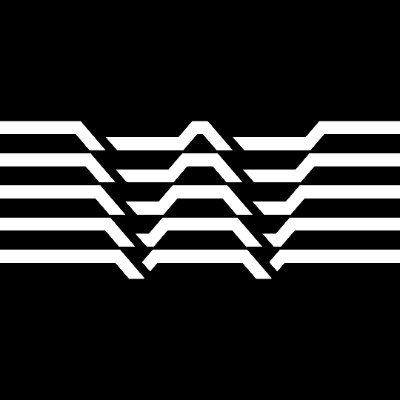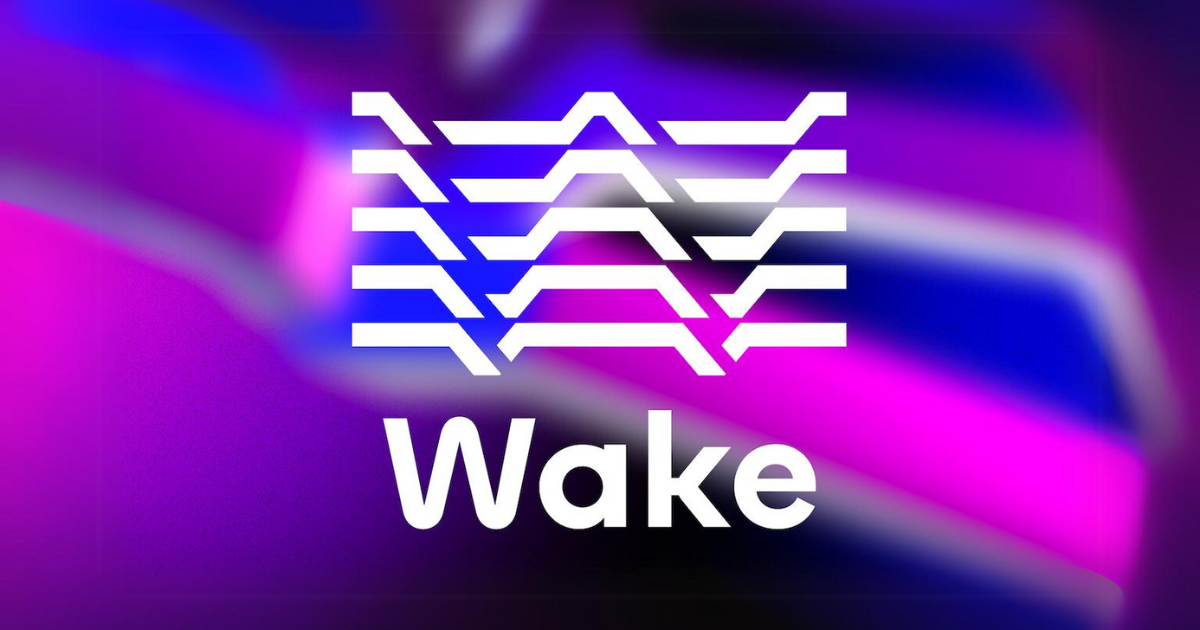Wake: New Open-Source Tooling on Ethereum to Stop Bugs

Quicktake:
- Wake is a Python-based Solidity development and testing framework with built-in vulnerability detectors. It was used in audits by Ackee Blockchain and is now being open-sourced and free to use for everyone.
- Security experts are on high alert, as history shows that hack risks increase as market activity rises. Open-source tooling like Wake empowers application builders to conduct swift and thorough checks for code vulnerabilities.

Battlefield-proven audit tooling goes open-source
Ackee Blockchain, a team of smart contract auditors and creators of community tools, introduces Wake, a Python-based development and testing framework for Solidity and cross-chain fuzzing with a proven track record of stopping bugs.
Wake’s features include a development and testing framework, a fuzzer, vulnerability detectors, and printers.
Wake was previously used in smart contract audits performed by Ackee Blockchain for IPOR, Axelar, and Solady and helped the auditors find critical, high, and medium bugs. The firm has announced it will make the tool open-source to contribute to a safer blockchain space.
Security experts on alert as market activity rises
As DeFi activity rises, hackers see more lucrative targets and grow emboldened. In bull markets, projects often rush to ship product updates, creating a high demand for experienced smart contract auditor services. In the peak of the 2021 bull market, projects were typically quoted three month+ audit wait times by reputable firms. They then face a difficult decision to delay launches amid frenzied “land grabs” or launch with hastily conducted audits, increasing security risks.
After a week when crypto funds saw their highest inflows since the 2021 bull market and DeFi volumes rose by approximately 50%, security experts are on higher alert. Wake’s release is timely - it allows application developers to expertly test the smart contracts of DEXs or any protocol that plugs into their service or upon which they are reliant.
Designed to generate fewer false positives and reduce manual audit time
On top of being the testing framework, Wake allows users to run static analysis. It has a set of ready-to-use high-precision vulnerability and code quality detectors and ready-to-use printers for extracting and pretty-printing useful information such as smart contract control flow and inheritance graphs.
“A common problem of static analysis tools is a high false-positives ratio requiring extra manual investigation time. Our philosophy is to include only the most precise detectors and reduce all noise that creates extra overhead,” - Josef Gattermayer, CEO and co-founder of Ackee Blockchain.
Wake underwent performance testing with other frameworks, namely Hardhat, Brownie, and Ape, on three different development chains – Anvil, Ganache, and Hardhat. Wake proved to be the fastest Python framework.
The new release of Wake allows the customization of detectors and printers. It also allows third parties to create and implement their custom printers and detectors. The newest version also introduced Github action for automatically executing detectors in a pipeline. “The low false-positive rate, fastest industry test execution, and ready-made GitHub action make Wake an ideal candidate for CI/CD integration in every project” - Josef Gattermayer, CEO and co-founder of Ackee Blockchain.
Wake powers Tools for Solidity, a popular Visual Studio Code Solidity extension that does syntax highlighting and detections from Wake vulnerability and code quality detectors and provides instant feedback to the developers using the extension access to all references of a symbol across the whole project.
About Wake
Wake is a Python-based development and testing framework for Solidity and cross-chain fuzzing with a proven track record of stopping bugs created by Ackee Blockchain, which became possible thanks to a grant Ackee Blockchain received from Coinbase in 2022.
To learn more, please visit getwake.io.
About Ackee Blockchain
Ackee Blockchain is a team of security researchers auditing top-tier protocols: Safe, 1inch, Axelar, LayerZero, Trader Joe, or CoW Protocol.
Ackee Blockchain is backed by the largest VC fund focused on blockchain and DeFi in Europe, RockawayX, and received grants from the Ethereum Foundation, Tezos Foundation, Coinbase, and Solana Foundation.
Ackee Blockchain’s mission is to build a stronger blockchain community by sharing knowledge: the team runs a free certification course School of Solidity, School of Solana and teaches at the Czech Technical University in Prague. This mission is also fulfilled in initiatives such as the ERC-7512 draft, developing the Wake toolkit, or the open-source fuzzer for Solana.
For media inquiries or further information, please contact [email protected]
